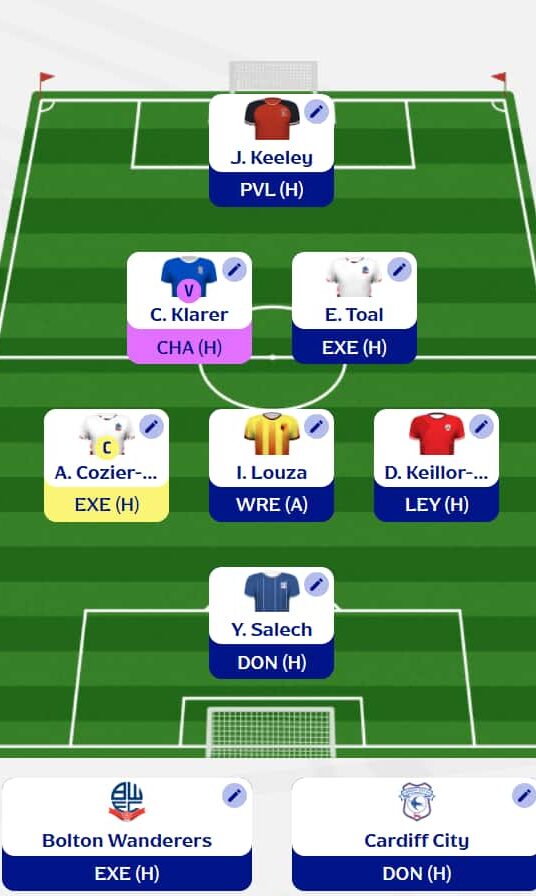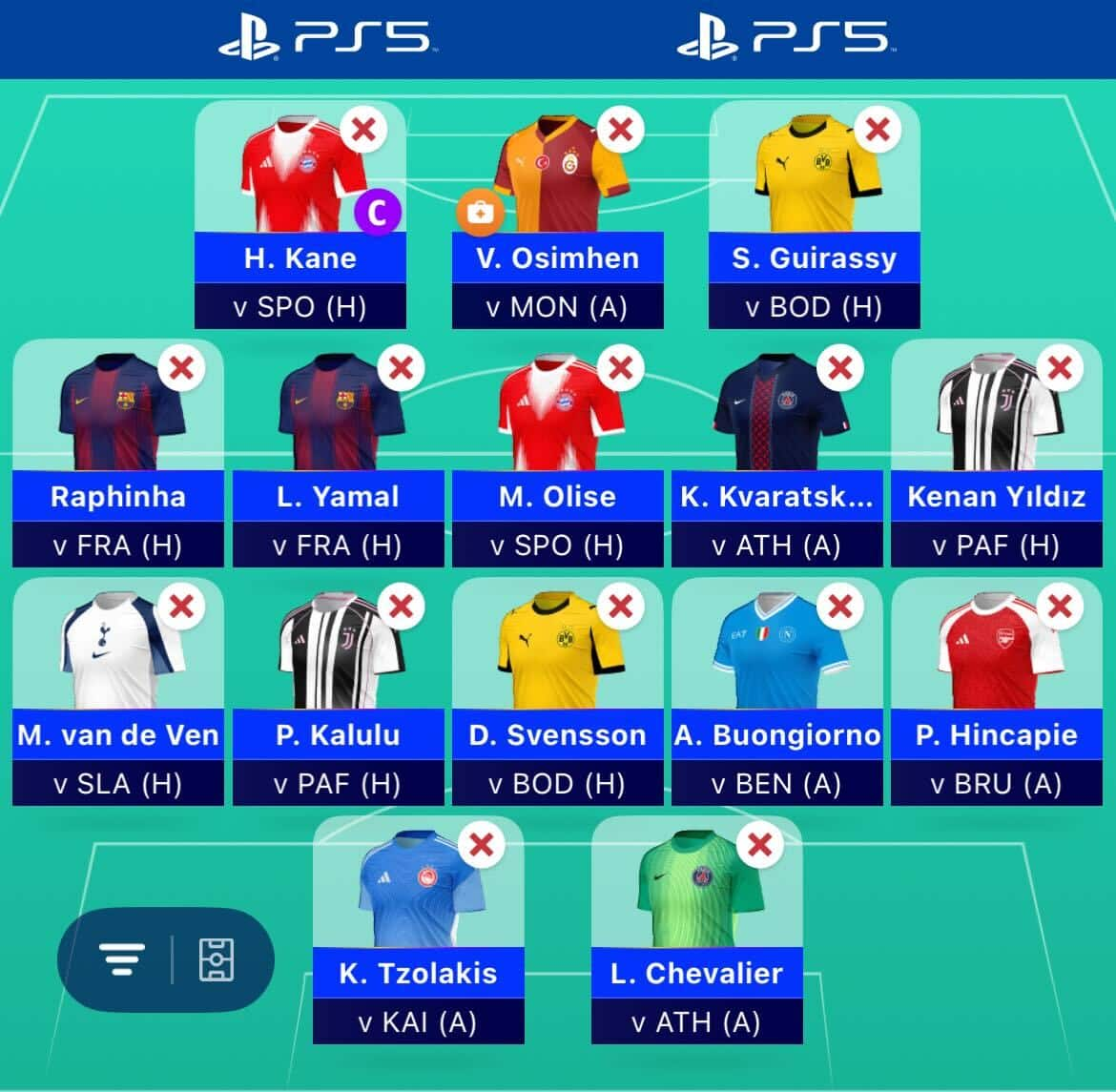A recent post got me thinking again about player value. In this article I want to offer a different perspective as well as consider some key concepts in Fantasy budgeting such as value over replacement player (VORP) theory.
How much is 0.5 budget worth?
If you are going to finish in the top 1,000 in the Fantasy Premier League (FPL) you need to achieve around 0.58 points per 1.0 budget each Gameweek before captaincy. Taking into account captaincy, you should then be near to the 65 points per Gameweek achieved by last season’s winner Simon March (aka Fantasy Football Scout Member Dufflinks).
This increment of 0.5 is therefore worth around 0.29 points per Gameweek to a top-1,000-ranked FPL manager. Multiply by that 38 and that’s 11.02 points per season.
Obviously transfer value changes as the season wears on and there are other effects too, such as double Gameweeks. This year we also have chips offering further chance of inflating points such as a triple captaincy score. I think, though, that 10-12 points per season seems a fairly sound guideline for the value of the basic 0.5 unit.
Value over replacement player (VORP)
Taking midfielders, let’s say you could have a 4.5 player that will probably start every game and is not a card magnet. They can be expected to get the same appearance points as Hazard will (and they may also get the occasional goal, assist or clean sheet). We can therefore discount appearance points from our calculations of value. What we will be interested in are “earned” points – in the case of a midfielder these will be from goals, assists, clean sheets and bonus, minus cards (and any penalty misses).
A working yardstick
Putting these two concepts together we can now estimate the “earned value” required from our 0.5.
OK, so the mimimum spend on our squads is circa 67.5. That would be 15 x 4.5 players. That squad should be enough to give you, say, 30 points per week (22 appearance points plus 8 earned points from the occasional clean sheet, goal or assist from a 4.5 player.). In actual fact you’d probably need to spend slightly more than 67.5 because starting strikers at 4.5 are few and far between, although you might get away with a couple of 4.0 players in defence.
Additionally, the eight earned points allowed for is an estimate; it is not precise. But 67.5 for 30 points will be a near enough figure to use for the purpose of estimating value unless someone wants to undertake the massive statistical trawl required to make it a little more accurate. It will serve my purposes here.
Of the 58 points per Gameweek we looked at as being needed before captain doubling, 30 should therefore normally come from baseline points (from your baseline 67.5 squad). That leaves 28 “earned” points required from our 32.5 of discretionary budget. This means our discretionary 0.5 needs to deliver around 0.43 earned points per Gameweek (around 16-17 points per season).
So, let’s take Eden Hazard as an example and ask ourselves two questions. Firstly, is he good value at 11.5? And second, is he good value at 11.5 compared to Cesc Fabregas at 9.0?
Starting with the first question, we know that a 4.5 midfielder should give us the appearance points+ and that we can’t pay less than 4.5 anyway. So Hazard has to justify 7.0 of discretionary spend of our budget through “earned” points. To do that he must average at least 14 x 0.43 = 6 points per GW excluding appearance points. To do that he’d need to manage 304 FPL points in the coming season. Will he do that? Very unlikely. Is he good value at £11.5m? No.
Second question. OK, Hazard has a price tag 2.5 higher than Fabregas. To justify that he’d need to produce 5 x 0.43 points = 2.15 points per GW more than Fabregas, or 82 points more over the season. Will he do that? Probably not. Who is better value? Probably Fabregas.
Captaincy
I haven’t mentioned captaincy since the very beginning of this article. So now I must. Clearly the calculation of value is different for those players you would select as a regular captain option. To keep it very simple, we can afford two (maybe three) of those in our squad and they should be there on the basis of points, not value. For captains you want the highest point scorers, full stop. Because with captain doubling there is no way they won’t deliver value.
So, my earlier comments about Hazard not being good value at 11.5 don’t mean he’s a poor selection. He is one of a small handful of top-range captaincy contenders in the game and will very likely end up in the top five FPL points scorers. If you are going to captain him regularly he’s almost certainly worth his price. If not, he’s almost certainly not.
Conclusion
This article began in the attempt to quantify the value of our budget, so that comparing between different player options can be based on more than instinct. Hazard was only used as an example. I do believe that the ability to ask yourself “will this 9.0 player deliver 1.72 points per GW (65 points over the season) more than this 7.0 option?” gives you a different means of making judgements.
Couple it with studies of player PPG (points per game) and add in the effect of transient circumstances like good or bad fixture sequences and it certainly gives you an alternative (perhaps more neutral) way to look at squad selection in any case.


